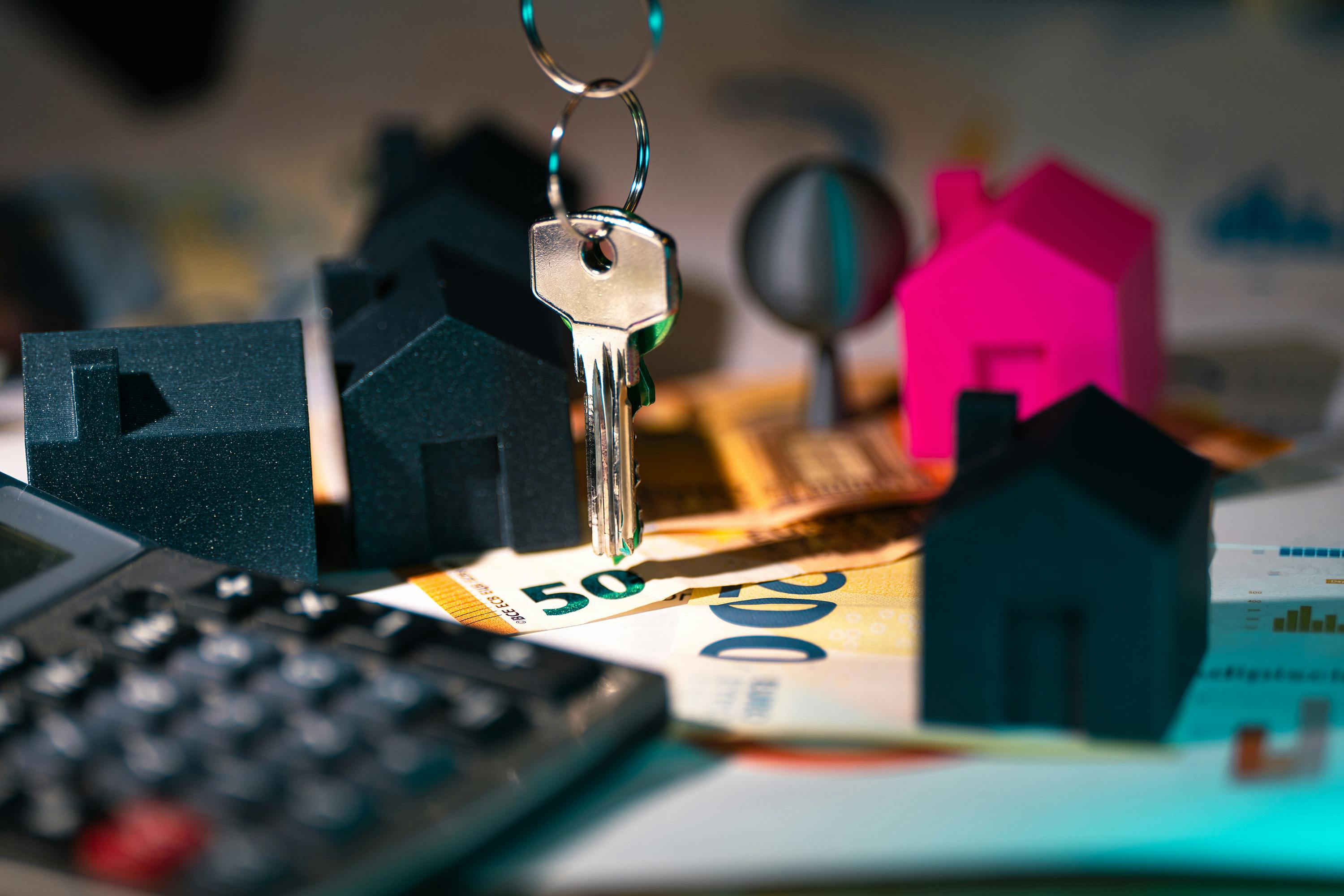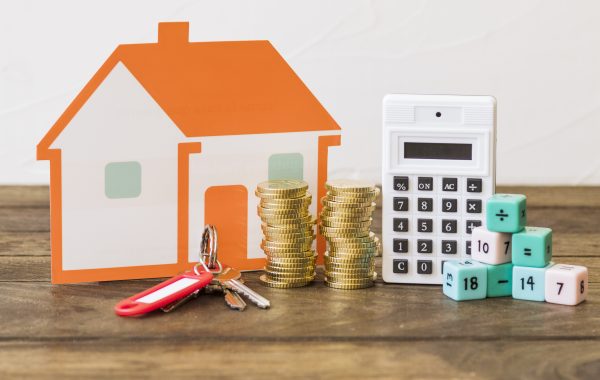
VAT Exemptions on Property in Ghana: What You Need to Know to Save Money
In Ghana’s real estate market, understanding tax implications can significantly impact your investment decisions. With the reintroduction of Value Added Tax (VAT) on property transactions in 2024, knowing which exemptions apply to your situation could save you thousands of cedis. This comprehensive guide explores the various VAT exemptions available for property transactions in Ghana and how you can leverage them for substantial savings.
Understanding the Current VAT Landscape in Ghana’s Real Estate Sector
Ghana has recently reintroduced VAT on real estate transactions as part of efforts to increase national revenue while still encouraging growth in the housing sector. The Ghana Revenue Authority (GRA) has established a two-tier system where certain transactions attract 5% VAT while others are subject to 15% VAT, plus an additional 1% COVID-19 levy in both cases.
Before exploring exemptions, it’s important to understand the standard rates:
- 5% VAT: Applies to houses or apartments supplied directly by estate developers and commercial rental properties (effectively 6% with the COVID-19 levy)
- 15% VAT: Applies to land sold for purposes other than agriculture or dwellings, civil engineering works, landscaping, or professional services (effectively 16% with the COVID-19 levy)
Key VAT Exemptions for Property Transactions in Ghana
1. Residential Property by Non-Estate Developers
One of the most significant exemptions applies to the supply of immovable property for residential purposes by individuals or entities who are not classified as estate developers. This means:
- If you’re selling your personal residence
- If you’re a small-scale property owner selling a house you built
- If you’re transferring residential property between family members
These transactions are generally exempt from VAT, providing substantial savings compared to properties sold by commercial developers.
2. Agricultural Land
The sale of land intended primarily for agricultural purposes is exempt from VAT. This exemption aims to promote agricultural development and food security in Ghana. To qualify:
- The land must be designated for farming or related agricultural activities
- Documentation should clearly state the agricultural purpose
- The buyer may need to provide proof of intended agricultural use
3. Undeveloped Land for Residential Purposes
When purchasing undeveloped land specifically intended for building a personal residence (not for commercial development), you may qualify for VAT exemption. This encourages individual homeownership rather than speculation or commercial ventures.
4. Certain Rental Arrangements
While commercial rentals are subject to 5% VAT, residential rentals by non-commercial landlords generally enjoy VAT exemption. This includes:
- Renting out a room in your personal home
- Long-term residential leases by individual landlords
- Student accommodations provided by educational institutions
5. Transfer of Property During Business Reorganization
When a property changes hands as part of a legitimate business reorganisation, such as mergers, acquisitions, or restructuring, these transactions may qualify for VAT exemption under specific conditions.
How to Determine if Your Transaction Qualifies for Exemption
Navigating VAT exemptions requires careful consideration of several factors:
- Property Classification: Is the property residential, commercial, or agricultural?
- Seller Status: Is the seller an estate developer or a private individual?
- Intended Use: Will the property be used for dwelling, agriculture, or commercial purposes?
- Transaction Structure: Is this a direct sale, a lease, or part of a business restructuring?
Practical Steps to Secure Your VAT Exemption
Documentation Requirements
To successfully claim a VAT exemption, prepare the following:
- Title documents clearly show property classification
- Statutory declaration of intended use (especially for agricultural exemptions)
- Proof that you’re not operating as a commercial developer
- Tax clearance certificates and compliance history
Working with Tax Professionals
Given the complexity of Ghana’s tax laws, consulting with a qualified tax professional is highly recommended. They can:
- Assess your specific situation
- Identify applicable exemptions
- Help prepare the necessary documentation
- Represent you in discussions with tax authorities
Timing Considerations
Tax laws change periodically in Ghana. What’s exempt today might not be tomorrow. Consider:
- Completing transactions while favourable exemptions are in effect
- Including tax change clauses in contracts for long-term developments
- Staying informed about proposed changes to tax legislation
Case Study: VAT Savings in Action
Consider two scenarios for purchasing a residential property worth GHS 1,000,000:
Scenario A: Buying from an Estate Developer
- Property Price: GHS 1,000,000
- VAT (5%): GHS 50,000
- COVID-19 Levy (1%): GHS 10,000
- Total Cost: GHS 1,060,000
Scenario B: Buying from a Non-Commercial Individual
- Property Price: GHS 1,000,000
- VAT: Exempt
- COVID-19 Levy: Exempt
- Total Cost: GHS 1,000,000
Potential Savings: GHS 60,000
This significant difference demonstrates why understanding VAT exemptions is crucial for property buyers in Ghana.
Strategic Investment Approaches Under Current VAT Rules
For First-Time Homebuyers
If you’re entering the property market for the first time, consider:
- Purchasing from individual sellers rather than developers when possible
- Buying undeveloped land and building gradually
- Exploring properties slightly outside prime areas where non-commercial sellers are more common
For Investors
If you’re building an investment portfolio:
- Structure rental properties as residential rather than commercial where appropriate
- Consider agricultural land banking for long-term appreciation
- Time your purchases to take advantage of current exemptions
For Diaspora Buyers
Ghanaians living abroad should note:
- No special VAT exemptions exist based solely on diaspora status
- The same exemption rules apply regardless of citizenship or residence
- Working with knowledgeable local representatives is essential
When Luxury Meets Tax Efficiency
For those seeking premium living experiences without unnecessary tax burdens, developments like Eden Heights offer strategic advantages. Located near the West Hills Mall in Accra, Eden Heights provides luxurious residential options with professional management that understand optimal tax structuring.
The development offers various unit types ranging from two-bedroom apartments (115 sqm) to penthouse deluxe units (356.58 sqm), catering to different lifestyle needs while ensuring residents benefit from applicable tax advantages under current regulations.
Conclusion: Maximising Value Through Tax Knowledge
Understanding VAT exemptions on property in Ghana is not merely about avoiding taxes—it’s about making informed decisions that maximise the value of your investment. By knowing which transactions qualify for exemptions and structuring your purchases accordingly, you can potentially save significant amounts while still securing the property that meets your needs.
As Ghana’s property market continues to evolve, staying informed about tax implications will remain a crucial component of successful real estate investment. Work with qualified professionals, maintain proper documentation, and approach each transaction with a clear understanding of the applicable tax framework.
Frequently Asked Questions
1. Are all residential properties exempt from VAT in Ghana?
No, only residential properties sold by non-estate developers typically qualify for exemption. Properties sold by commercial developers attract 5% VAT plus 1% COVID-19 levy.
2. If I purchase land for farming, do I need to prove it will be used for agriculture?
Yes, to qualify for agricultural land VAT exemption, you should be prepared to provide documentation of intended agricultural use and may need to make a statutory declaration.
3. Do renovations and improvements to exempt properties also qualify for VAT exemption?
Generally no. Construction services, materials, and professional services related to renovations typically attract the standard VAT rate even if the property itself is exempt.
4. How can I verify if a seller is classified as an “estate developer” for VAT purposes?
Estate developers are registered as such with the Ghana Revenue Authority. You can request their tax registration information or verify their status through the GRA.
5. If I’m buying property as part of an investment group, does this affect potential VAT exemptions?
Yes, the structure of your investment group matters. If organized as a commercial entity, you may lose certain exemptions available to individual buyers. Consult a tax professional for specific guidance.
Ready to explore tax-efficient luxury living in Accra? Visit Eden Heights behind West Hills Mall to discover our range of residential options designed for discerning investors. Our professional team can guide you through the investment process, including optimal tax structuring. Contact us today to schedule a viewing and experience the perfect blend of luxury and financial wisdom.


